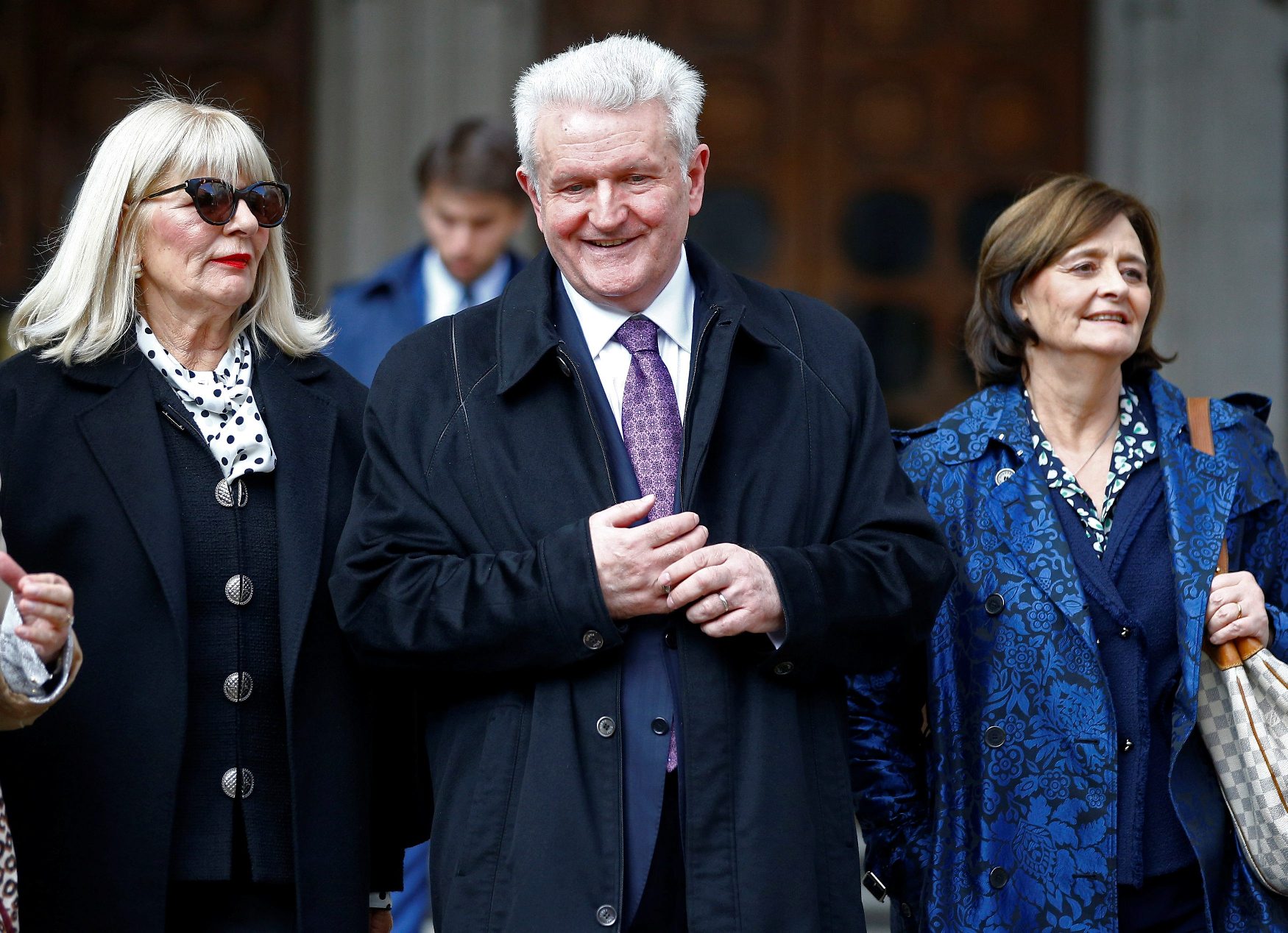
Published excerpts from depositions given by former Minister of Economy Martina Dalić, former receiver for Agrokor Ante Ramljak and Ethical Bank co-founder Zoran Besak to the Office for Fight Against Corruption and Organized Crime (USKOK) in the investigation initiated after Živi zid (Defensive Wall) populist party pressed criminal charges, disclose information that shed new light on the period when the so-called Lex Agrokor was being adopted, in light of the solvency and debt crisis hitting the leading regional retail conglomerate. USKOK dismissed all charges in the meantime.
According to the information broadcast on Wednesday evening by N1 TV channel, Prime Minister Andrej Plenković was aware of the formation of a working group since the very beginning. The idea of a working group came from MOST independent slates coalition, on condition that Finance Minister Zdravko Marić be excluded from the process. Leaders of both Croatian Democratic Union (HDZ) and Most had been in the loop on the whole process from the very beginning, and HDZ gave Martina Dalić its full political support.
Furthermore, the depositions given to USKOK show that Zdravko Marić was present at seven meetings addressing the Agrokor crisis, even though the Conflict of Interest Prevention Commission was informed of only two meetings in the process of investigating Marić’s potential conflict.
Additionally, the depositions from Martina Dalić, Besak and Ramljak show that in mid-March 2017, about 20 days well into the talks between Agrokor owner Ivica Todorić and the Government, Todorić proposed, among other things, that Agrokor d.d. as Agrokor Group parent company go bankrupt, and that subsidiary companies continue doing business. The idea prompted Martina Dalić’s comment that Todorić “has lost touch with reality.”
It is interesting to note that Government’s intervention was the primary option for Agrokor’s rescue until 14 March, when attorney Boris Šavorić gave the working group a translation of the Italian legislation on the bailout of systemically important companies. From that day the group started drafting legislation that was to be activated if Ivica Todorić failed to negotiate the standstill agreement with the banks, and the additional agreement with the suppliers. It should be noted that at one point Ante Ramljak said that he had invited Šavorić to the working group. However, in their depositions to USKOK, neither Martina Dalić nor Ramljak or Besak said who had invited Šavorić to the group. On the other hand, for other members of the working group it was clearly stated whether they had been invited by HDZ, Most, Ramljak or somebody else.
Martina Dalić merely stated that Šavorić turned up at the meeting organized in government’s headquarters by Prime Minister Plenković.
The new, now official information is that National Bank (HNB) Governor Boris Vujčić said at a meeting, held in Government headquarters on 22 February 2017, that the Bank estimated Agrokor’s total debt at HRK 60 billion. The depositions also show that Security and Intelligence Agency (SOA) ran a cursory security check on all members of the, that Ante Ramljak had received a green light while Branimir Bricelj had not, even though he was a favoured political candidate for the position.
Interestingly, Martina Dalić claimed to have arranged directly with the director of Financial Agency (FINA) to be notified if Agrokor’s accounts became blocked, and the first major Agrokor’s debt instrument came to collect in mid-March. In addition, the Government held two meetings with Agrokor’s largest single creditor Sberbank in March, represented by the bank’s first vice president Maksim Poletaev and his advisor Oxana Dvinskykh.
Martina Dalić also claimed in her deposition that she had stopped the publishing of an article on a Government meeting about Agrokor’s bailout. At that time the Government was issuing bonds, and her move had been aimed at preventing panic about Agrokor’s collapse, as it would make government’s borrowing more expensive.
During the investigation Zoran Besak said that the group had performed the initial due diligence on Agrokor’s financial reports “very quickly, in half an hour (sic!)”, and realised that the company was in huge problems.





Za sudjelovanje u komentarima je potrebna prijava, odnosno registracija ako još nemaš korisnički profil....